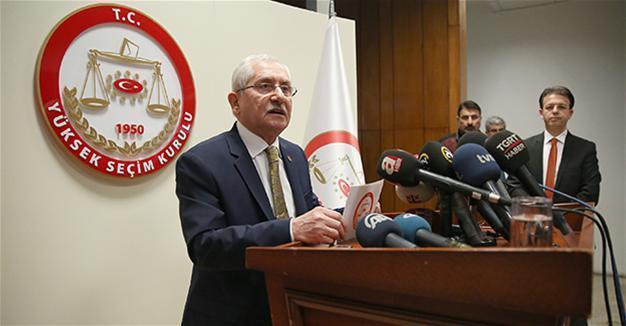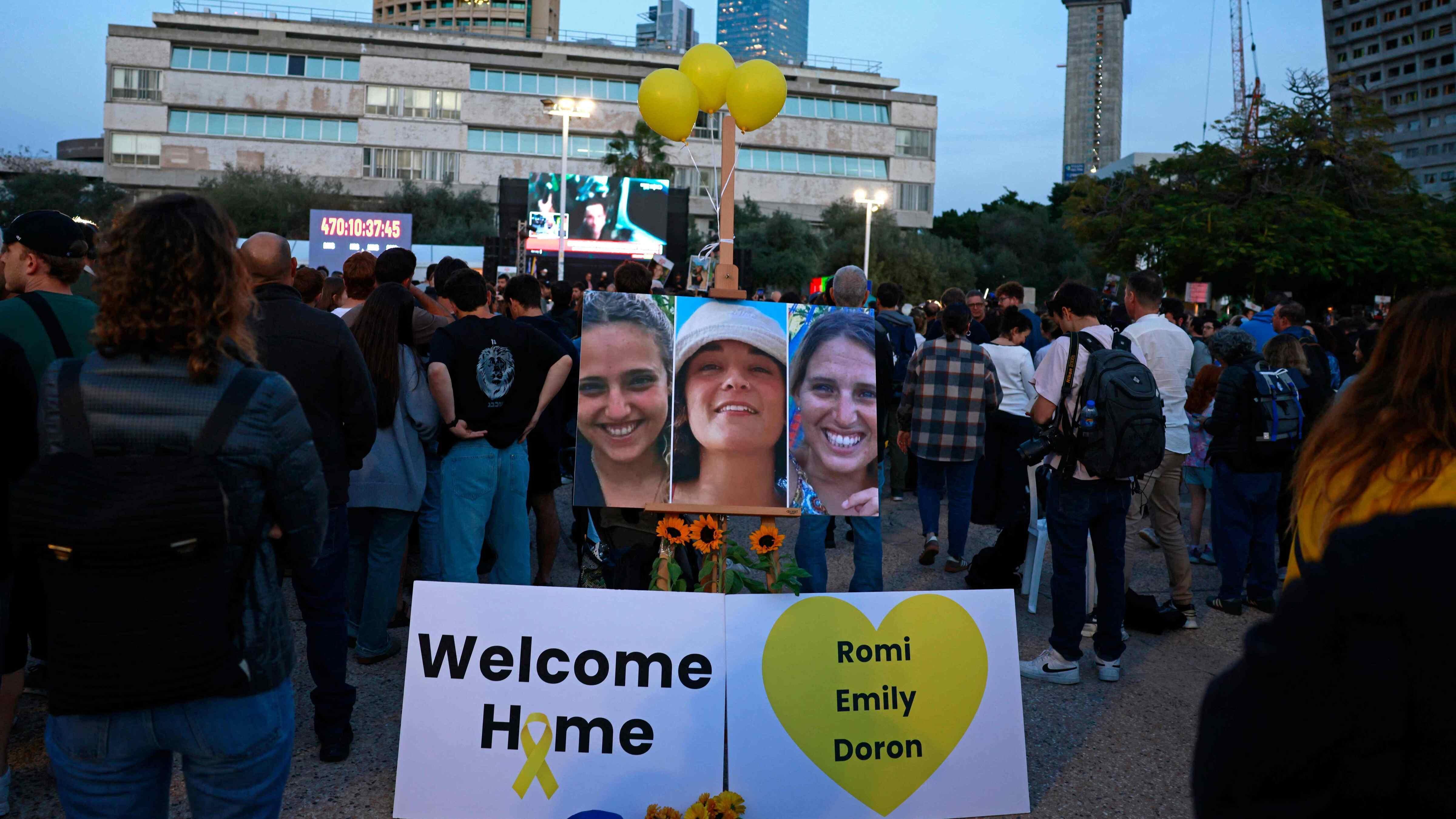Turkey set for tough campaign period ahead of referendum on charter amendments
ISTANBUL

AA photo
Turkey is set for a tough referendum campaign period as parties take to the stage to persuade the electorate to vote “yes” or “no” on constitutional amendments shifting Turkey to an executive presidential system, as the Supreme Election Board (YSK) announced the date for the vote as April 16.YSK head Sadi Güven on Feb. 11 confirmed the date after President Recep Tayyip Erdoğan on Feb. 10 approved the 18-article amendment that will bestow extensive powers on the president, who will exercise all the authorities of the prime minister and cabinet and possess the authority to issue decrees, appoint vice presidents and cabinet members from outside parliament.
Speaking ahead of his visit to a number of Gulf countries, Erdoğan on Feb. 12 said the campaign period should be used to “inform the public” about the presidential system, which he has long targeted. In line with this attempt “to introduce the novelties that the system change will bring,” the president will take part in a series of nationwide rallies.
Hinting that current polls did not have “yes” in front, Erdoğan said the current period is “not right” to carry out polls before parties have taken to the field to campaign.
“At the moment I don’t think our people have come to the point where they can understand the presidential system clearly. We have to explain this [presidential system] clearly,” he said.
Erdoğan also stated that the referendum should be seen as a “response” to the July 15, 2016 coup attempt in Turkey, claiming that “the position of those who will say ‘no’ in the referendum could mean siding with July 15.”
Prime Minister Binali Yıldırım said on Feb. 10 that “the final decision belongs to the nation.”
“Our citizens will evaluate these changes conducted by our parliament and signed by our president ... We think a good step was taken for our country’s future,” said Yıldırım.
Meanwhile, Nationalist Movement Party (MHP) head Devlet Bahçeli, who also backs the amendments, said his party will carry out its own campaign to call on people to vote “yes” in the referendum, stressing that what is needed now is a “national agreement.”
“What we agree on is national and traditional values. Especially after the coup attempt of FETÖ [the Gülen network], it is unavoidable to make the Republic of Turkey breathe and address the lack of law and wrongdoings prevailing within the state,” Bahçeli said on Feb. 12.
The main opposition Republican People’s Party (CHP), which is set to launch its “no” campaign for the upcoming referendum, has also stepped up its preparations. Speaking on Feb. 10, CHP leader Kemal Kılıçdaroğlu said the ruling party has “no rhetoric” to defend the constitutional change and therefore it had resorted to simply “attacking” the CHP.
He said the reason why it is being attacked is because “the CHP tells the truth to people.”
Speaking on Feb. 11, Prime Minister Yıldırım accused the CHP of speaking “the language of FETÖ members, PKK members, and [Peoples’ Democratic Party] HDP members” in its attempt to promote “no” vote in the referendum.
“[This is] unworthy. The main opposition is supposed to be an alternative to the government. Using the methods of terrorist organizations would only damage them,” Yıldırım said.
















